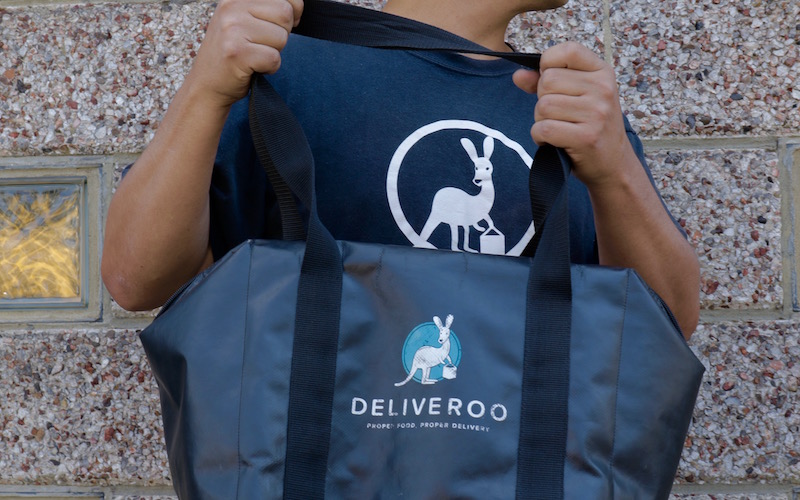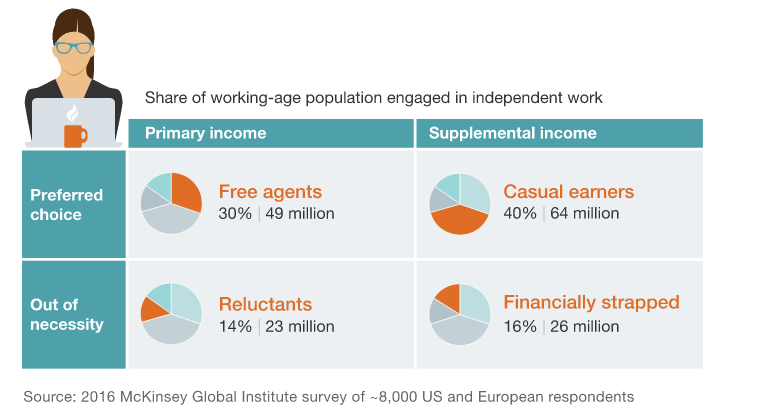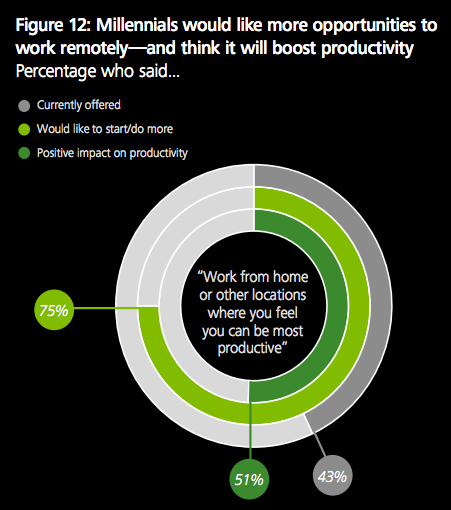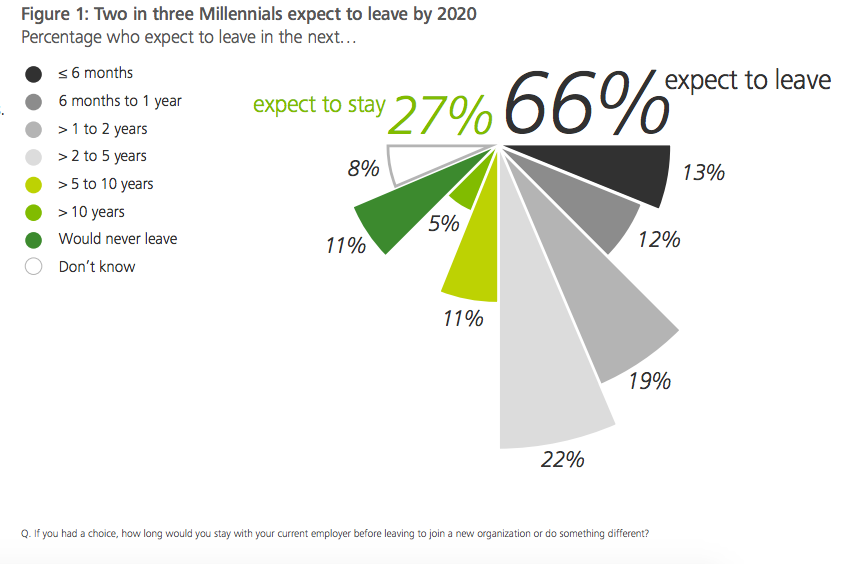
Everyone’s talking about the ‘gig economy’. Here’s what that actually means
If you sell some of your old tops on eBay, rent your apartment through Airbnb or advertise your car journeys on BlaBlaCar, you’re part of the ‘gig economy’.
Most people would use the term ‘gigs’ to describe an evening spent jumping up and down head banging to live music. But the term ‘gig economy’ has been thrown around a lot in the news over the past few years with a slightly different meaning.

With almost thirty percent of the UK employed in this way (and similar numbers for the US and Europe), the ‘gig economy’ also includes freelancers, self-employed, temporary and part-time workers.
With flexibility and freedom, the gig economy is built for young people
Being part of the digital age, we are becoming increasingly mobile. More and more areas of work can be done from anywhere in the world – from travel bloggers writing from their laptops, to consultants travelling across the globe or serial YouTubers earning money from sharing make-up tips.
The mindset of our generation has changed from that of our parents. More than ever, we strive for jobs that bring us enjoyment and personal satisfaction. We also value work flexibility and a good work/life balance. Working in the gig economy can give us more choices about where work, when we work, and how long we work.

We don’t stick to one job like we used to. Unlike our parents, we’re likely to change jobs several times throughout our working lives. Increasingly, young people are creating their own employment through start-ups, freelance and contract work. Even the way we work is changing; co-working spaces are cropping up across the UK, where freelancers from different industries work under one roof.
But it’s not just us pushing the change – it’s employers, too. Taking on contract workers has allowed firms to save money too as they avoid the costs of providing the benefits that a permanent worker would receive. If there’s no work available, they just don’t hire any freelancers – saving money they’d otherwise spend on an unnecessary employee.

But all this gig work can be problematic
Some people argue that gigs are a worrying sign of the long-running deterioration in worker security. Gig work arrangements tend not to come with health benefits, minimum wages or paid annual leave. Qualifying for credit, getting a mortgage or becoming involved in a retirement savings program are also more difficult for gig workers.
Bay Area workers, including @Uber and @Lyft drivers, protest for higher wages, improved workers' rights: https://t.co/LaDO40fHkx @mercnews pic.twitter.com/R2xyJ6Boik
— Marisa Kendall (@MarisaKendall) November 30, 2016
The taxi-hailing app Uber (a symbol of the gig economy) has been in the news over the last couple of weeks after drivers complained of being wrongly classified as self-employed, claiming that they are owed backdated holiday pay and missing wages. The app is likely to receive more similar legal claims.
‘Gig economy’ work also makes it easier for corporations to get around government regulations on things like worker’s rights. Companies like Airbnb and Uber have managed to avoid costly health and safety regulations and pressure from unions, making their services cheaper than their ‘traditional’ competitors like hotels and taxis.
Plus, not everyone can afford the ‘freedom’ and ‘flexibility’ that comes with gig-based work. If you’re lucky enough to be able to afford a house, a computer, a round-the-world plane ticket, then a life of YouTube vlogging and Airbnb renting is an option – but if not, you’re subject to an economy in which it’s becoming more and more normal to expect you to find your own way to your next paycheque, rather than having an employer guarantee it for you.
The gigs aren’t perfect, but they work for me
Almost everyone is part of the gig economy in some way or another as either a worker, employer or a consumer.

Some people would say that gigs are a good thing, liberating people to do what they want and have more control. Others argue that this freedom doesn't always work in people's favour—one estimate says that about 30 percent of the people in the gig economy would rather have ‘traditional’ jobs but can’t find one.
I personally love the flexibility of selling things on eBay and renting authentic apartments on Airbnb when travelling. The romance of working as and when you want as a gig worker can sound perfect. But to make it more than just an informal way of making money, it's important to understand your rights, ensure the work is sustainable and have a backup plan…!



